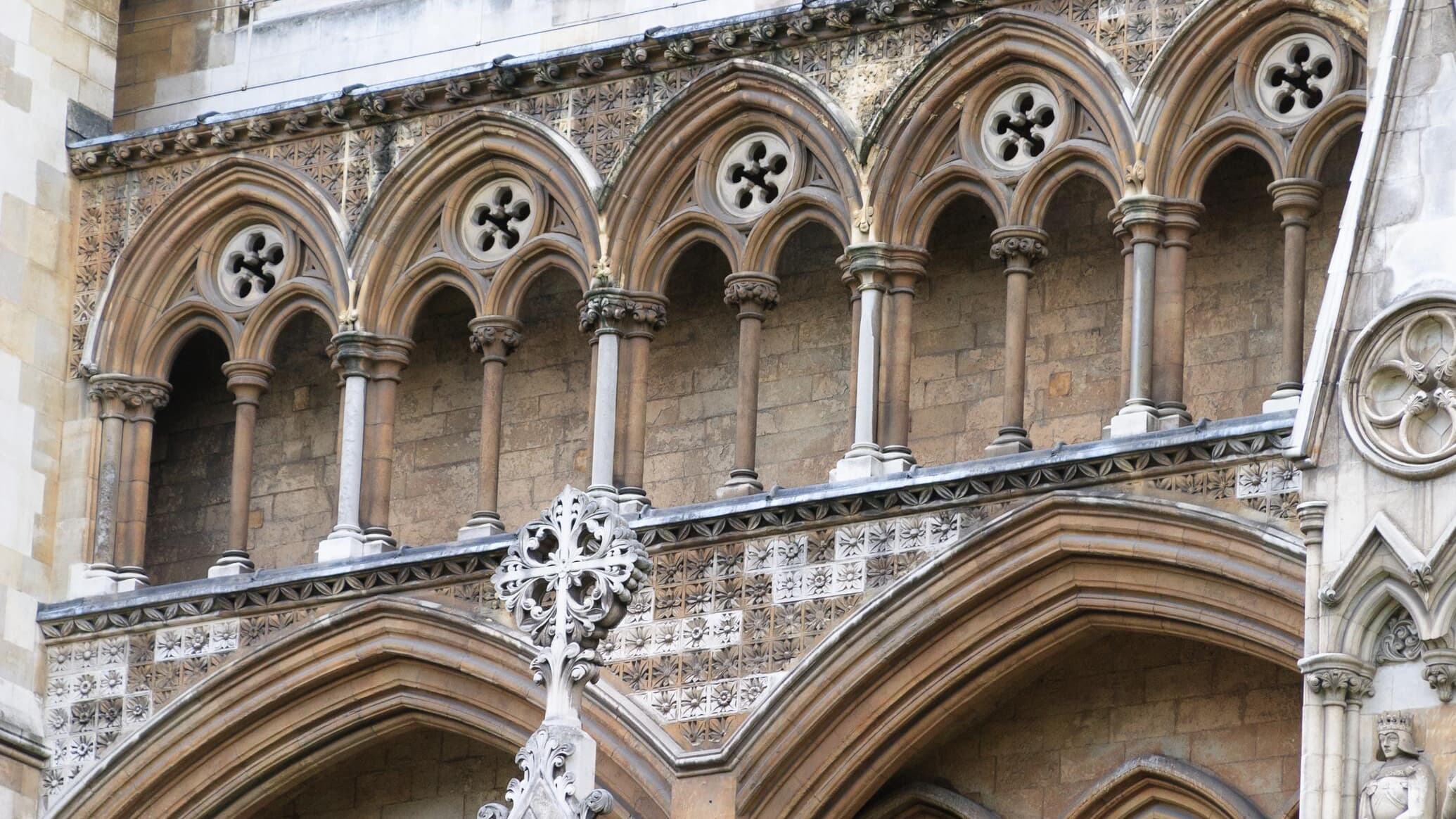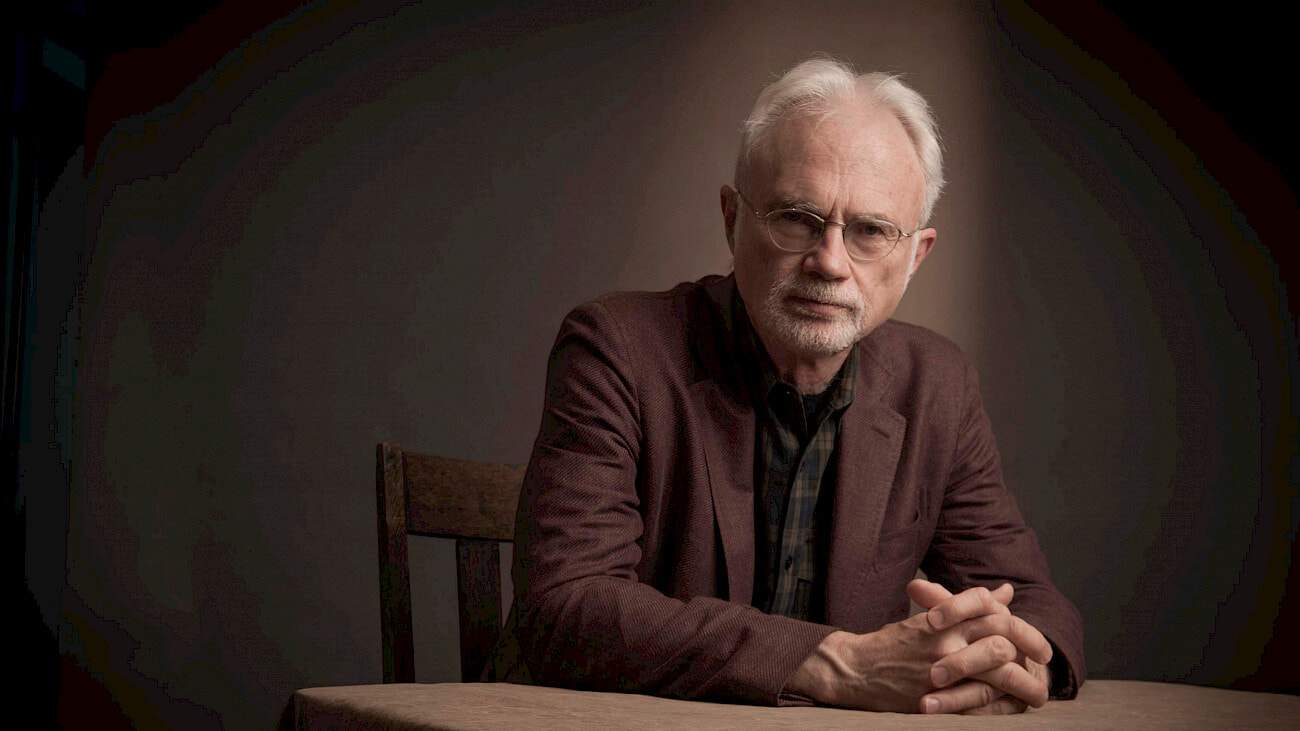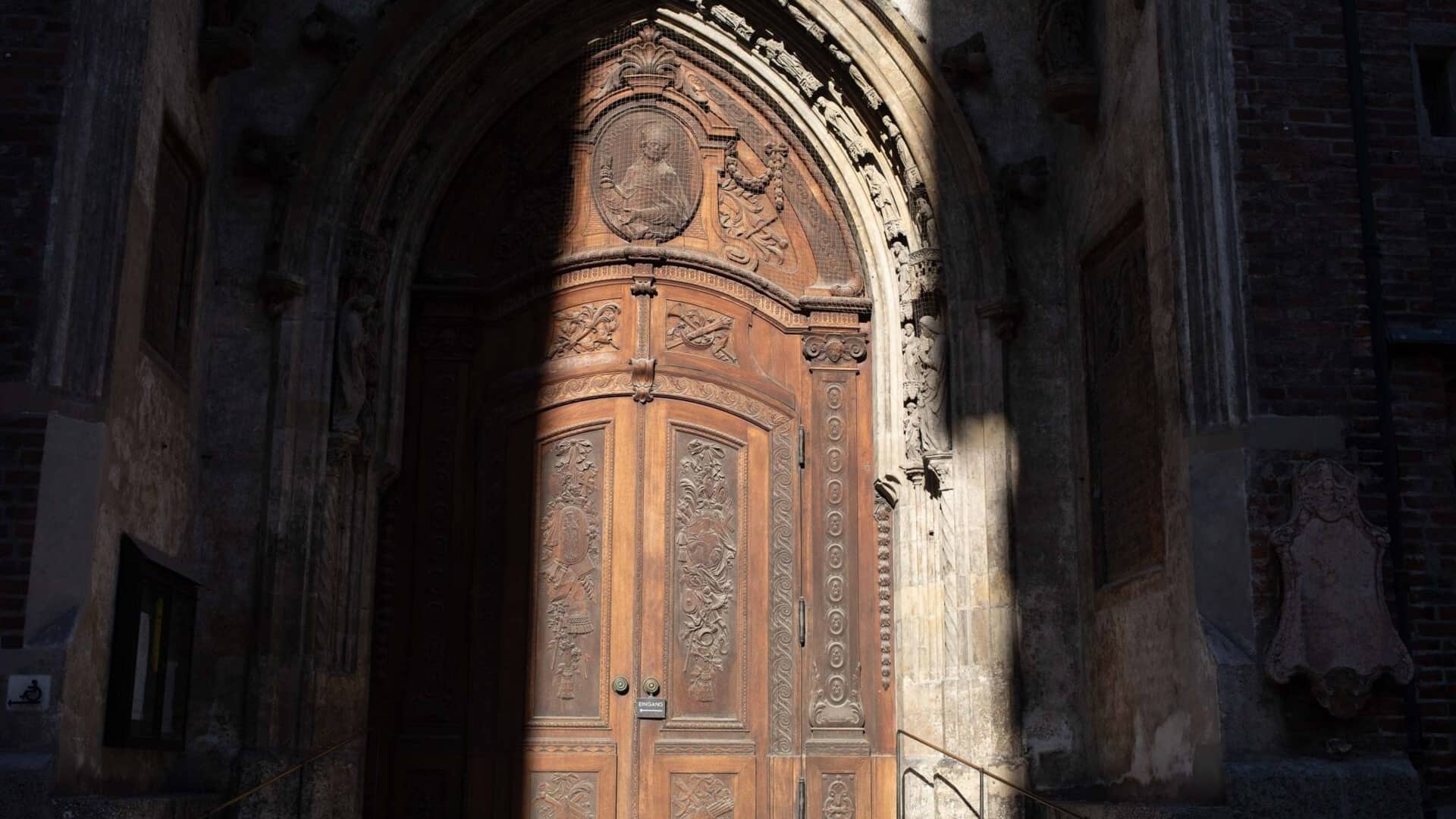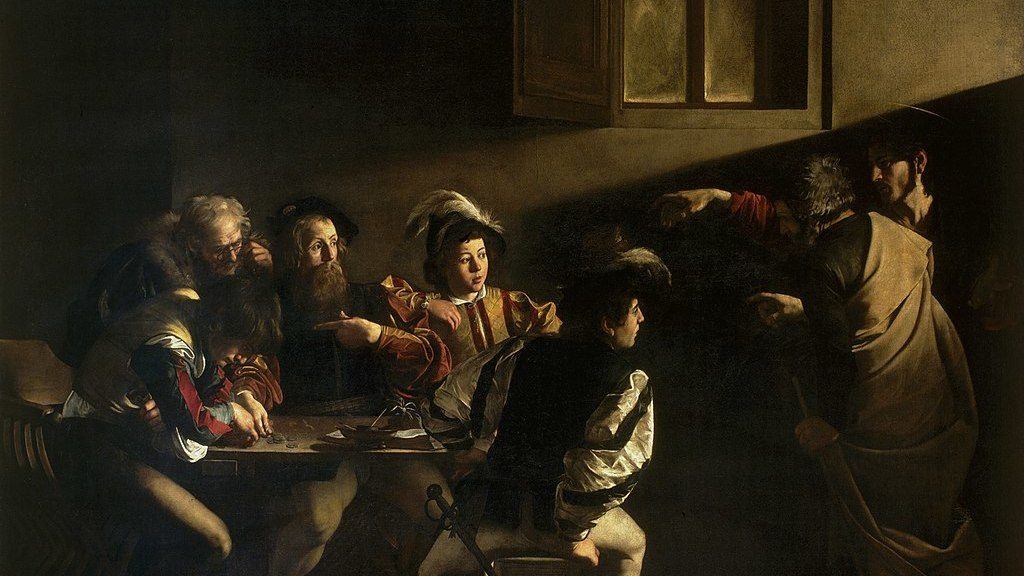Holst’s “Nunc Dimittis”: Homage to Renaissance Polyphony
English composer Gustav Holst found inspiration, not only in the folk music of his native land, but also in the early music of William Byrd and Palestrina. Nunc dimittis for eight-part choir is Holst’s homage to Renaissance polyphony. Composed in 1915 for Richard Terry, organist of Westminster Cathedral, the work was performed on Easter Sunday of that year, and then fell into obscurity. It existed in manuscript form until publication in 1979. This …







